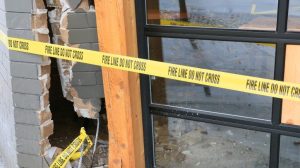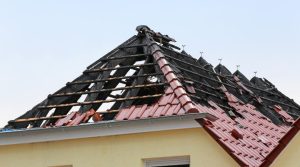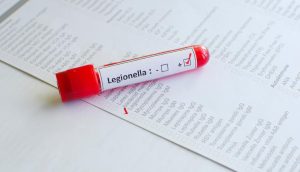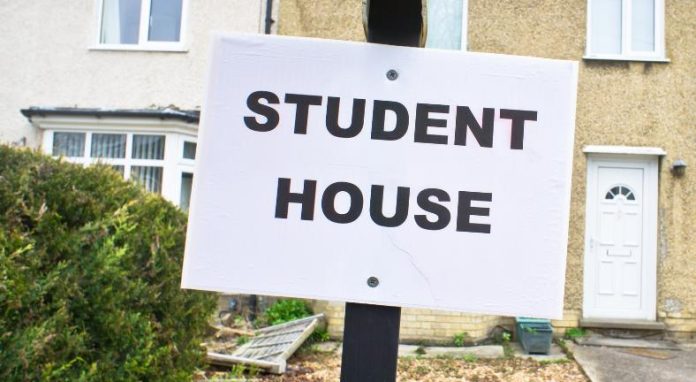Table of Contents
Studying at university is a key stepping stone on the route to adulthood for many in the UK. While the university is not a necessary step toward independence, it is something of a rite of passage for those that choose it – as well as a useful way to work towards an ideal skilled career.
But students are also left to their own devices between seminars and lectures, in their own student accommodation. In this accommodation, accidents happen and happen often. But what are the most common kinds of accidents that occur in student accommodation, and how should student tenants and landlords alike meet the risks they present?
How to Manage Common Accidents in Student Accommodation?
Property Damage
Accidents happen in every household, but students are somehow slightly more prone to causing damage – whether through less mature behaviour with one another, or due to the increased hosting of parties and other gatherings in their homes.

In many cases, the property damaged is the property of the landlord or property management services, whether the university or a private organisation. As such, students can be stuck with a not-insignificant financial penalty for damage to furniture that exceeds the criteria for regular wear and tear. Preventing property damage can be difficult to do, but taking out tenants insurance for the duration of a tenancy can help students minimise the financial impact of any deposit reductions.
Fire
Fires are extremely dangerous events, and there are strict legal requirements on student accommodation that seek to mitigate the dangers associated with them. Kitchen fires are the most common form of fire in student accommodation, as students learning to cook independently make simple mistakes – whether leaving the oven on, or incorrectly attempting to douse a grease fire.

Managing the risk of fire is as simple as learning the key causes of fires in accommodation. Maintaining awareness of fire hazards, whether electric blankets or kitchen stoves, is also key. Timers can help remind tenants if they are using kitchen appliances like table top dishwasher.
Legionella
While bacterial infection may not seem like an ‘accident’ on the face of things, much less a common one, this is in fact a leading concern for both private student landlords and university institutions that manage halls of residence. Typically, students only use their halls of residence during term times, preferring to go on a road trip or travel home to their families for holidays and study breaks.

The extended periods of time away from accommodation can lead to the development of dangerous bacteria – particularly legionella, which propagates in standing water. Water suspended before faucets or showerheads in houses or halls can stagnate, and legionella can grow. This increases the risk of legionnaire’s disease.
Halls of residence might install flushing systems to manage this risk on behalf of tenants, but private tenants should make sure to flush water from their plumbing for at least five minutes on return from holidays or breaks.

